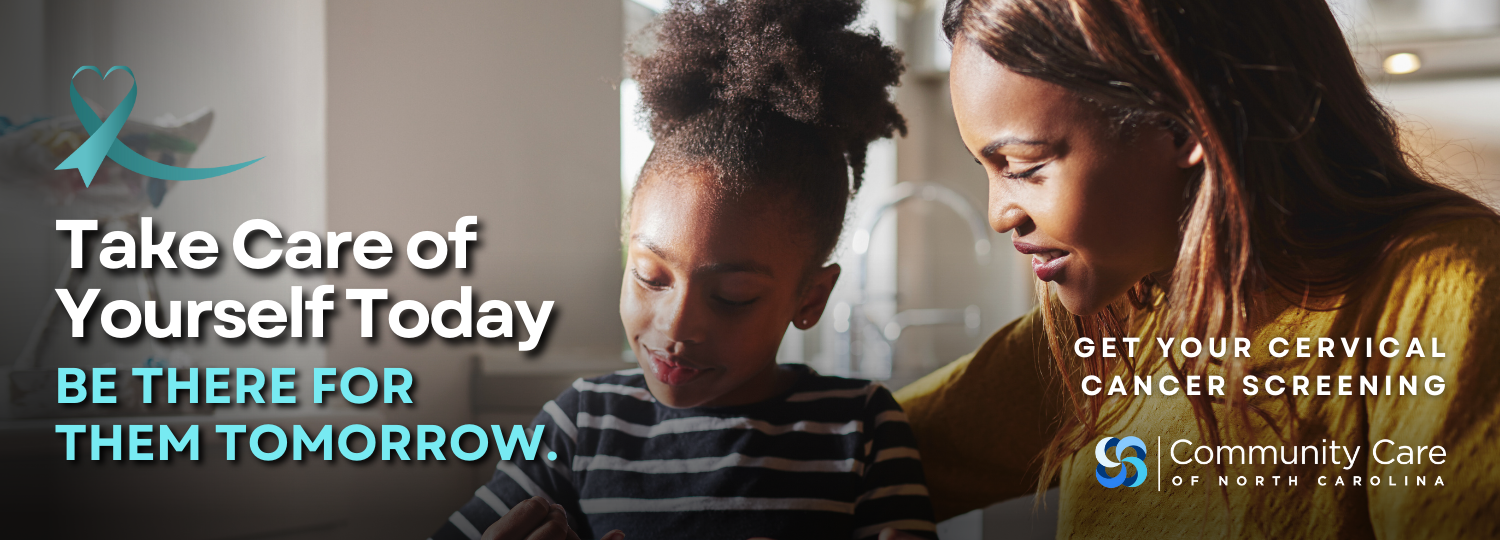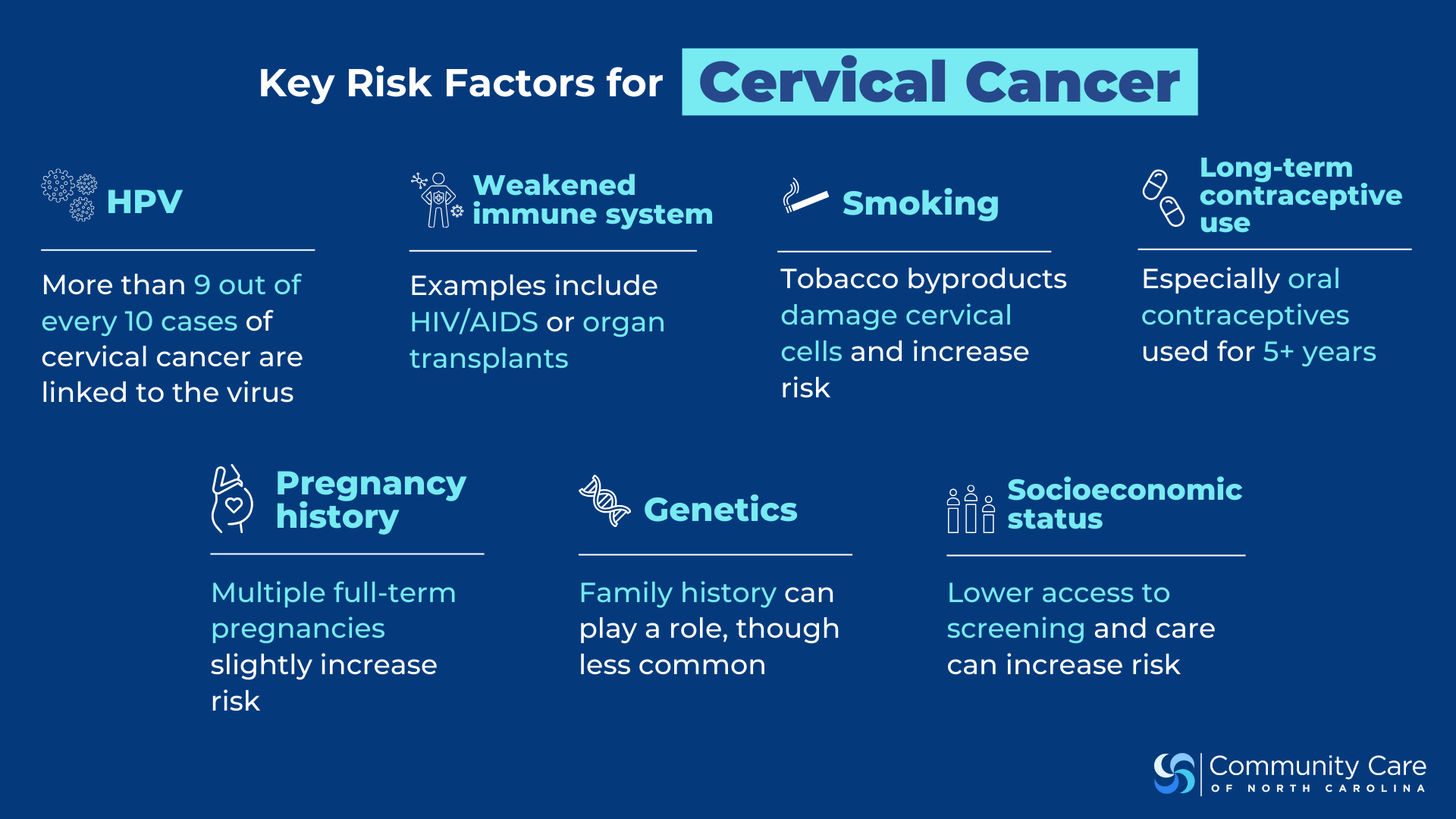


Screening for cervical cancer helps find changes in your cells before cancer has a chance to develop. Even if you feel healthy and don’t notice symptoms, screening can catch any issues early—when treatment is simpler and more effective.
Cervical cancer screening is a quick and easy test. It only takes a few minutes and can be done by your primary care doctor or an OB-GYN. Regular screenings are important because cervical cancer often doesn’t show signs early on, so it’s best to catch any changes as soon as possible.
Cervical cancer screening is a quick and easy test. Regular screenings are important because cervical cancer often doesn’t show signs early on, so it’s best to catch any changes as soon as possible.
If you are 21 to 29 years old
You should start getting Pap tests at age 21. If the results are normal, your doctor might say you can wait three years for your next test.
If you are 30 to 65 years old
Talk to your doctor about the best option for you:
If you are older than 65
Your doctor may say you no longer need screenings if:
Source: U.S. Centers for Disease Control and Prevention. For more detailed information on cervical cancer please see this CDC site.